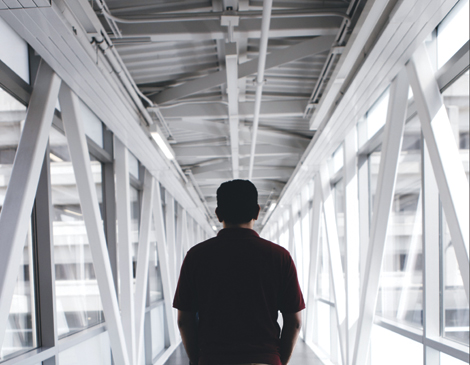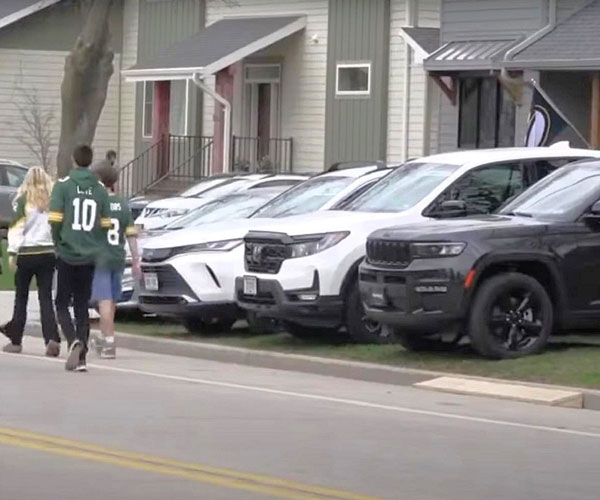Spring can be a joyous time on college campuses filled with graduations, job offers, internships and trips home. But for some of the more than 4,730 international students at local colleges and universities, this semester’s end is full of uncertainty.
President Donald Trump’s executive order restricting travel from six predominantly Muslim countries looms heavy over students from Libya, Iran, Syria, Yemen, Somalia and Sudan who must choose between returning home and potentially not being allowed to back into the U.S. or staying here without a job or housing. A Hawaii federal judge blocked the ban as of press time April 10.
“Students are worried,” says Harlan Smith, Cleveland State University’s director of International Services. “That’s thrown all of us into consternation.”
Ibrahim*, a Cleveland State University doctoral student from Libya, has been living in the United States since 2009, when he received a scholarship to study abroad. For the past eight years, he has been studying medicine while raising two children with his wife on the West Side.
But he misses Libya’s coffee shops and movie theaters and playing basketball with friends. “Libya was amazing,” he says. “We used to travel [there] almost every month.”
In 2011, rebels took over the country, and Ibrahim hasn’t returned. To make matters worse, his father was diagnosed with prostate cancer, while his mom found out she needs cardiac surgery.
“They are almost 80 years old,” he says. “I planned to bring them to the U.S. this year or next. But right now it is impossible.”
Ibrahim originally considered himself a Trump supporter based on the Republican’s stance on fighting the Islamic State, which has ravaged Libya. That’s changed.
“I don’t know what [to] do,” he says. “We all are asking the same questions.”
Cleveland State, Case Western Reserve University, the University of Akron and other schools throughout the country have advised students not to travel internationally and are examining ways to keep them in the U.S. legally via summer academic internships or full-time jobs on campus. Smith and others are seeking host families as an alternative to student housing.
“We’re connecting the dots,” he says. “It won’t be perfect, but we wouldn’t dare let anyone be homeless.”
The travel restrictions have also boosted interest in Cleveland State’s seminars that prep international students for part-time work in their field of study.
“They’re resilient,” says Smith. “They’ll deal with it. But it’s that message that pains me the most.”
Ibrahim and his wife have applied for asylum status as he works on his thesis. But he wonders if his parents will get to see him graduate next spring. In the meantime, they catch up through Skype.
“Dad just says, ‘We’re fine. We’re fine!’ ” Ibrahim says. “I can’t do nothing. I’m like a guy in prison. You just — wait.”

President Trump's Travel Bans Have International Students Stumped
The restrictions have put family visits, graduation festivities and more into question.
in the cle
9:00 AM EST
May 1, 2017



